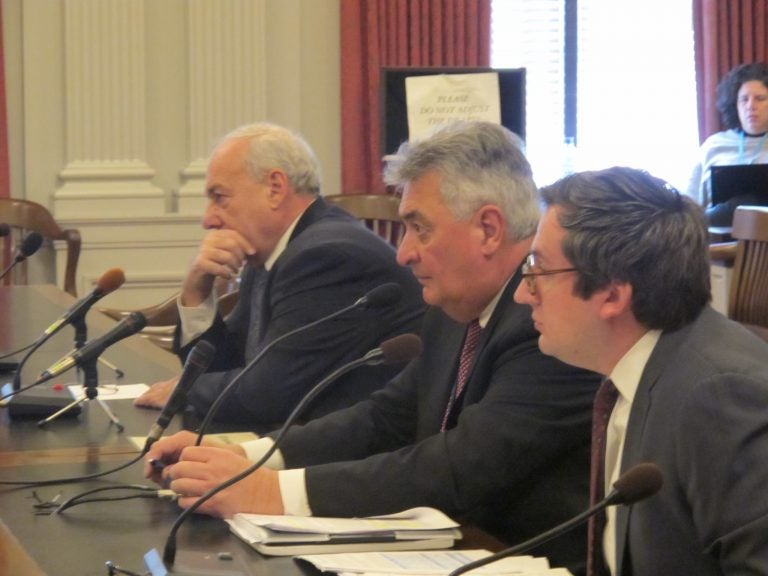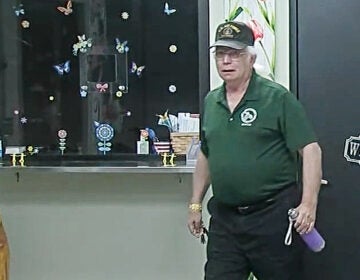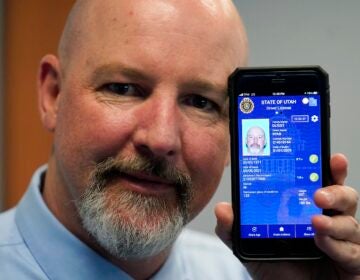NJ Transit says just 6 percent of its fleet has positive train control
At a legislative hearing in Trenton Monday, NJ Transit said just 6 percent of its locomotives have the collision avoidance system, and is ramping up efforts.

New Jersey Transit officials testify at a legislative hearing in Trenton. (Phil Gregory/WHYY)
New Jersey Transit has updated state lawmakers on how far along it is in installing positive train control, the collision avoidance system that can slow or stop a train if the operator doesn’t comply with signals or the speed limit.
At a legislative hearing in Trenton Monday, NJ Transit said just 6 percent of its locomotives have PTC and only 137 workers are trained on using it, but the agency is ramping up its efforts.
Robert Lavell, the agency’s general manager of rail operations, said 19 employees have been added to support the installation of PTC.
“New Jersey Transit is making every effort possible to meet that (December) 2018 deadline,” he said.
Assemblyman John McKeon questions whether that will happen.
“They’re far off and I would imagine from what people will tell me off the record that were afraid to come here today that they’re at least two to three years away,” McKeon said. “Hopefully, new management will accelerate that pace.”
On the financial side, McKeon said New Jersey Transit could go into the new fiscal year in July with an $80 million deficit, but he doesn’t believe fares should go up to deal with it.
“We can’t go back to commuters,” he said. “I mean, just to go up by 31 percent in the last 8 years, especially when you have an agency that on the rail side is almost 80 percent out the fare box, that’s well beyond anything else in the country, so to me that’s not an option.”
Stephen Burkert is general chairman of the union that represents the conductors on New Jersey Transit trains. He said because of staffing shortages, the agency lost more than $5 million over 14 months by not collecting tickets from passengers. And many passengers have decided not to buy monthly passes.
“When they’re only checking your ticket maybe 10 times out of a 20-day trip, you’re not going to pay your $400,” he said. “You’re going to buy a single trip ticket that you’ll have on you. If they come by and collect a single trip ticket, okay, that’s 10 or 15 dollars. It’s not $400.”
Burkert said one in three tickets that are collected are discount senior and disabled tickets purchased from vending machines. He recommends those tickets only be sold by agents to ensure buyers are entitled to get the cheaper fares.
“It’s much tougher looking at a ticket agent or a crew member in buying a ticket you know you’re not entitled to versus the scan on the machine that says ‘Are you allowed to buy this?'” he said, “‘Yes I am and I just saved myself $12 by buying a fraudulent ticket.’”
Lawmakers plan to issue a report within the next 30 days on legislative fixes and recommendations for the new governor to improve New Jersey Transit’s operations.
WHYY is your source for fact-based, in-depth journalism and information. As a nonprofit organization, we rely on financial support from readers like you. Please give today.




